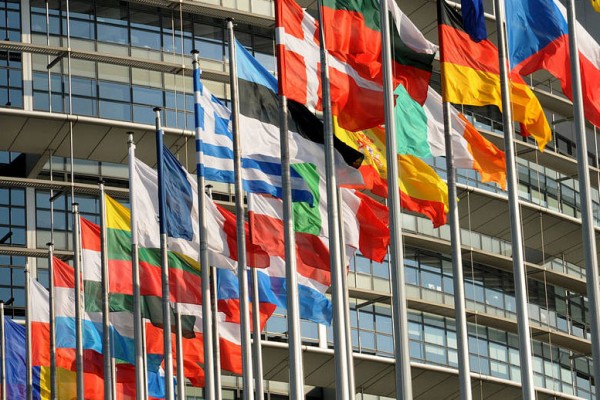Sponsored Content
Foreigners in Austria: More Than a Quarter of the Austrian Population Has a Migration Background
Lifestyle & Travel ♦
Published: July 28, 2022; 10:14 ♦ (Vindobona)

A new study by Statistics Austria analysed the countries of origin of Austrians and found that more than a quarter of the Austrian population has a migration background. If you want to know where most foreigners in Austria come from and how much the proportion has increased in recent years, read on.
 Foreigners in Austria come from all over the world. / Picture: © EU European Commission
Foreigners in Austria come from all over the world. / Picture: © EU European Commission
About a quarter of the Austrian population has a migration background. This is confirmed by a new study by Statistik Austria, which analysed the countries of origin of Austria's inhabitants. It arrived at a total of 2.24 million people with a migration background - around 25.4% of the total population.
What is interesting here is the growth in the proportion of people with a…
or Log In
Fast News Search





